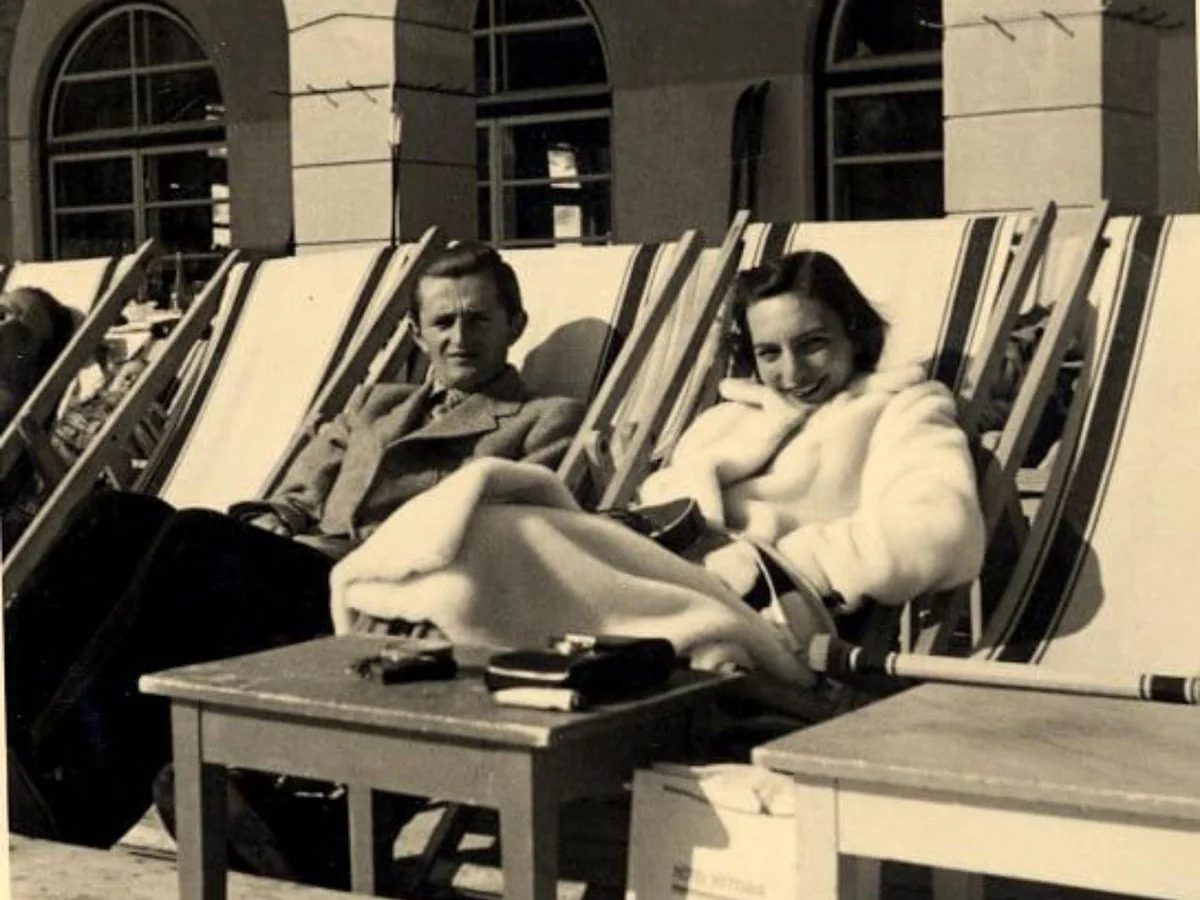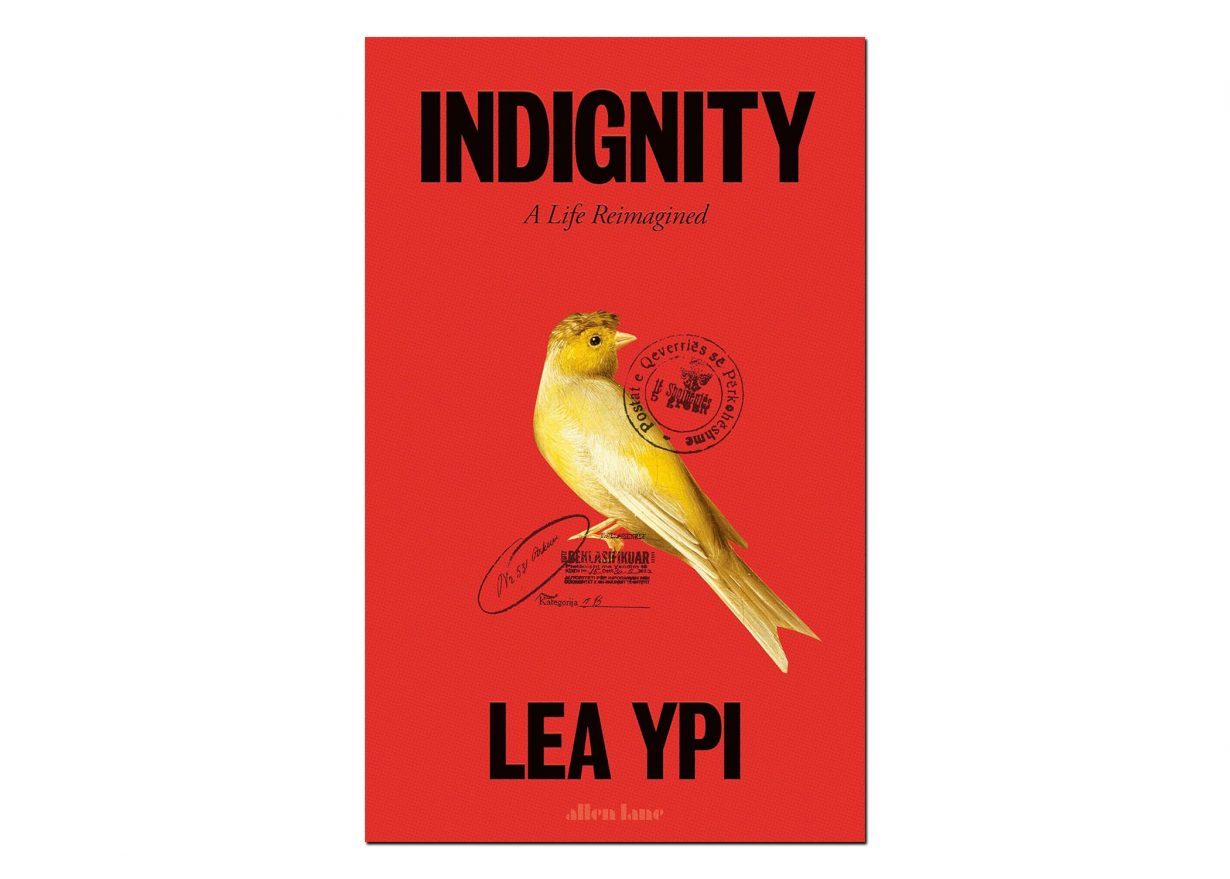The philosopher’s latest book, Indignity: A Life Reimagined, encapsulates the broader challenges involved in reconstructing the warmth of a life from cold archival fragments

Lea Ypi’s first trade book, Free, published in 2021 and since translated into over 30 languages, told the story of living under communism and through its collapse in Albania. Free deftly explored divergent understandings of freedom in relation to the experiences of an individual living during a period of dramatic geopolitical transformation. As a child growing up in Albania in the 1980s, Ypi describes how she sincerely internalised official state narratives and believed herself to be free; then as an adolescent she gradually learned about the oppressive realities of Enver Hoxha’s brutal regime, while also witnessing new forms of unfreedom emerge with the abrupt and chaotic introduction of the free market. Despite the transition to capitalism being publicly celebrated as the transition from unfreedom to freedom, Ypi recalls that she ‘did not feel free at all’. Free took the form of a memoir but far from being an exercise in solipsism, Ypi’s individual experiences functioned to illuminate broader historical forces, demonstrating how abstract political concepts like freedom are defined, redefined and contradicted in people’s concrete lives.
Indignity is Ypi’s difficult second album. Like Free, Indignity uses the story of an individual life unfolding in history as a means to explore the political and ethical meanings of its eponymous concept. Rewinding to the first half of the twentieth century, Indignity reconstructs the life of Ypi’s grandmother Leman Ypi (née Leskoviku). Born in Salonica in 1918, then part of the Ottoman Empire (now Thessaloniki in Greece), Leman moved to the Albanian capital Tirana at the age of eighteen, just before the outbreak of the Second World War. There she met her husband, a socialist who had been a student friend of Hoxha’s in Paris but was later imprisoned as an enemy of the newly established communist state.
If the history of the twentieth century in Britain is generally understood as one of increasing multiculturalism, the inverse is true for many cities in the former Ottoman Empire, from Istanbul to Sarajevo. Salonica – which sometimes seems like the book’s alternative protagonist – is no exception. Leman was Muslim and Albanian but spoke Greek and French and grew up alongside Armenians, Jews, Greeks and Turks. Her life was profoundly impacted by population exchange, the British statesman Lord Curzon’s proposal for the ‘unmixing of peoples’ at the Lausanne Conference in 1922–23, which resulted in the forced displacement of 1.5 million people. Leman’s nanny, a Muslim Turk, was forced to depart Salonica for Anatolia. Later, in 1942, Leman’s father helped to smuggle a Jewish friend out of Nazi occupied Salonica to Albania just before the first deportation train headed from the city to Auschwitz. Around 85 percent of the city’s Jewish population was killed in the Holocaust.
When Ypi visits the ruins of the Jewish cemetery in Thessaloniki, which was destroyed by the Nazis in 1942, she meets an Albanian academic who remarks on the similarity between the Albanian words for ‘archive’ and ‘coffin’. An anxiety that archival research might represent an inevitably futile attempt to resurrect the dead quietly courses through Indignity.
Ypi tries to reimagine the textures and emotions of her grandmother’s life, while simultaneously foregrounding the impossibility of the task and reflecting on the difficulties associated with any attempt to speak on behalf of the dead. The book begins in the first person, written from Ypi’s perspective as a researcher. A stranger posts a photograph of Ypi’s grandparents relaxing on honeymoon in 1941 in Cortina in Italy on social media, it goes viral in Albania, and comments on the photograph call her grandmother a fascist collaborator, others a communist spy. Where might the truth be found? Ypi is compelled to embark on an archival journey to retrieve her grandmother’s life and sets about tracking down various state files that might help her to contextualise the fleeting moment captured on film.

Indignity is not a conventional historical account framed by a metanarrative of the research process; the bulk of the narrative reads more like a novelisation of Leman Ypi’s life. Interspersed with reproductions of archival documents and passages in which the first-person researcher-philosopher-granddaughter-narrator returns, the book is in some ways methodologically closer to the ‘critical fabulation’ developed by Saidiya Hartman in Wayward Lives, Beautiful Experiments (2020). Although unlike the figures Hartman discusses, Leman is not a straightforwardly marginalised figure: her privileged class position and proximity to power are precisely what endangered her under communism, and Ypi is additionally wrestling with the complications of writing the history of someone she knew and loved.
In a final plot twist, Ypi discovers that the archival documents she has been consulting refer not only to her grandmother but also to another woman called Leman Ypi. The author has no way of accessing this woman’s emotional life, whose existence she only stumbled upon by strange coincidence. Her grandmother’s namesake may have no one ‘to reflect on the meaning of her dignity’, but, Ypi reflects, she is no less deserving of such treatment.
Although the personal and political histories the book traces and the ethical questions raised in the process are fascinating, reading Indignity can sometimes feel a bit like reading many books of various genres all at once. This formal hybridity seems to respond to the challenges involved in reconstructing the warmth of a life from cold archival fragments. Unlike in Free, the book’s title concept sometimes gets lost among all the narrative detail, yet Indignity is at its most powerful when Ypi’s philosophical voice occasionally becomes audible.
When Leman gives birth, she fears she might die, but Ypi recalls her remarking later: ‘There’s nothing dignified about birth… just as there isn’t about death.’ This perhaps implies, Ypi ventures, that ‘dignity has nothing to do with nature’. Indignity proposes that dignity instead involves reckoning with history. In another etymological aside that offers a more hopeful counterpart to the earlier alignment of archival research with death, Ypi notes that the root of the word humanity comes from the Latin for ‘to bury’: ‘Perhaps this is the ultimate meaning of being human: remembering the dead in the right way’. Fallible, subjective and necessarily incomplete, remembering, like dignity, has nothing to do with nature, but Ypi suggests that it is an ethical imperative.
Hannah Proctor is a historian of radical psychiatry at the University of Strathclyde in Glasgow. She is the author of Burnout: The Emotional Experience of Political Defeat (2024)
Read next Camille Paglia’s elite trolling